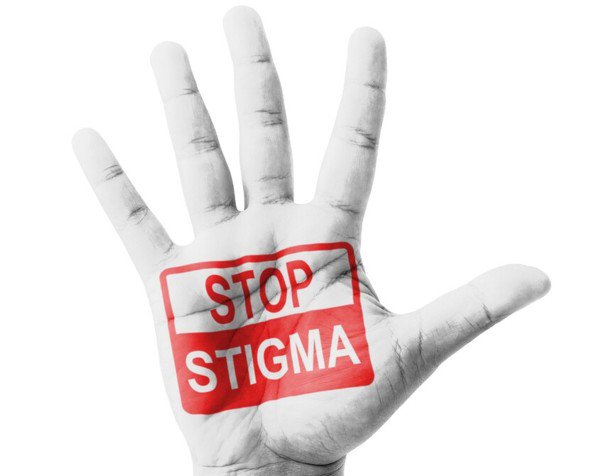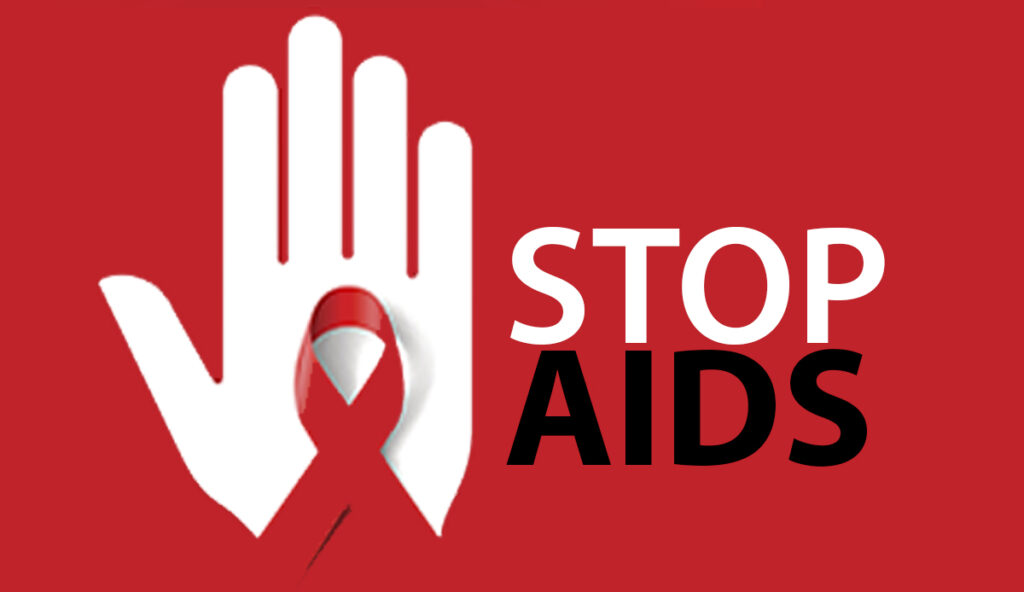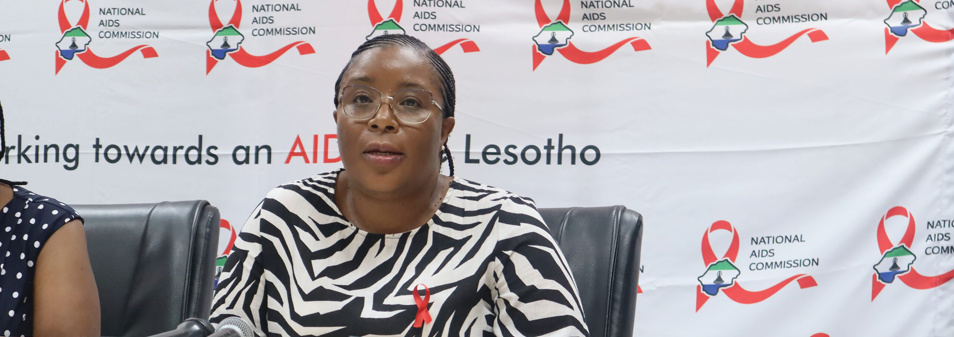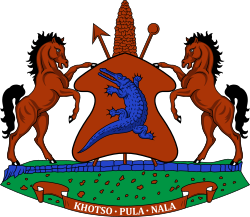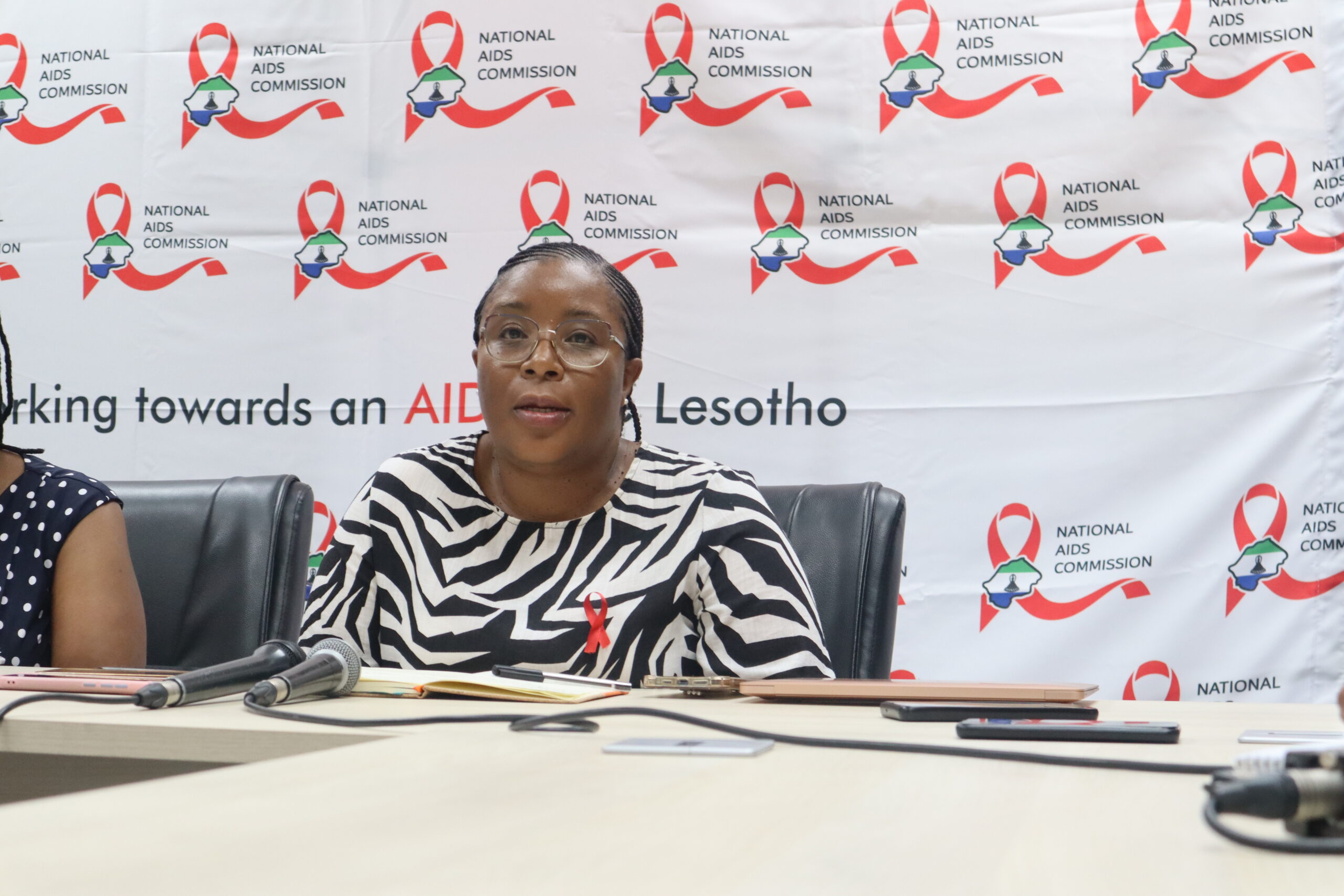Ntsoaki Motaung
The Joint United Nations Programme on HIV/AIDS (UNAIDS) has released its 2024 terminology guidelines, emphasising the use of person-centred language in the global response to HIV.
These guidelines are intended for UNAIDS staff, partners, and colleagues in cosponsoring organisations to ensure respectful and non-stigmatising communication.
“These guidelines were developed in consultation with communities of people living with or affected by HIV, UNAIDS Cosponsoring organizations, and various stakeholders,” the document states.
It acknowledges the evolving nature of language and commits to regular reviews to stay relevant.
The 2024 edition updates and replaces terms from the 2015 guidelines, introducing new terminology that aligns with contemporary understandings and sensitivities in the HIV response.
The focus on person-centred language seeks to prioritise the individual over their condition or social status, thereby reducing stigma and promoting respect and empowerment.
“Language influences the way we think, how we perceive reality, and how we behave. With respect to HIV, language can embody stigma and discrimination, which impacts access to testing, acquisition of HIV, and engagement with treatment,” the guidelines explain.
The document highlights the significant impact language can have on the lives of people living with HIV, stressing that appropriate language use can help diminish stigma and discrimination while fostering greater support and understanding.
Outdated terms replaced
The guidelines identify several outdated terms and provide preferred alternatives to promote respectful communication. For example:
- “Addict” should be replaced with “person who uses drugs” or “person who injects drugs.”
- “AIDS carrier” is now “person living with HIV.”
- “AIDS-infected” should be avoided in favor of “person living with HIV” or “acquiring HIV.”
- “AIDS orphans” should be referred to as “orphans and other children made vulnerable by AIDS.”
Furthermore, the guidelines advise using “places of worship” instead of specifying “church,” “mosque,” or “synagogue,” and “faith-based organisation” instead of “religious organisation.”
The term “corrective rape” should be replaced with “homophobic violence” or “transphobic violence.”
Terms like “deadly disease,” “incurable diseases,” “disabled people,” “drug abuser,” and “drug addict” are also deemed outdated and inappropriate.
The guidelines advocate for person-first language, emphasizing that many communities impacted by HIV feel that defining individuals by their health or social conditions alone shows a lack of respect and undermines the complexity of the human experience.
“This is not true of all conditions, however—some communities prefer identity-first language. Therefore, although preferred terms are suggested in this guide, it is important to connect with local communities around the language that is most appropriate to refer to them, keeping in mind there may be diverse preferences between and within communities that evolve over time,” the guidelines note.
Significant changes include:
- Eliminate AIDS is replaced with ending the AIDS pandemic/epidemic as a public health threat.
- Fight and other combative language (e.g., struggle, battle, campaign, war) are replaced with response, management of, measures against, initiative, action, efforts, programme.
- Spousal transmission is replaced with intimate partner transmission.

Your Trusted Source for News and Insights in Lesotho!
At Newsday Media, we are passionate about delivering accurate, timely, and engaging news and multimedia content to our diverse audience. Founded with the vision of revolutionizing the media landscape in Lesotho, we have grown into a leading hybrid media company that blends traditional journalism with innovative digital platforms.


